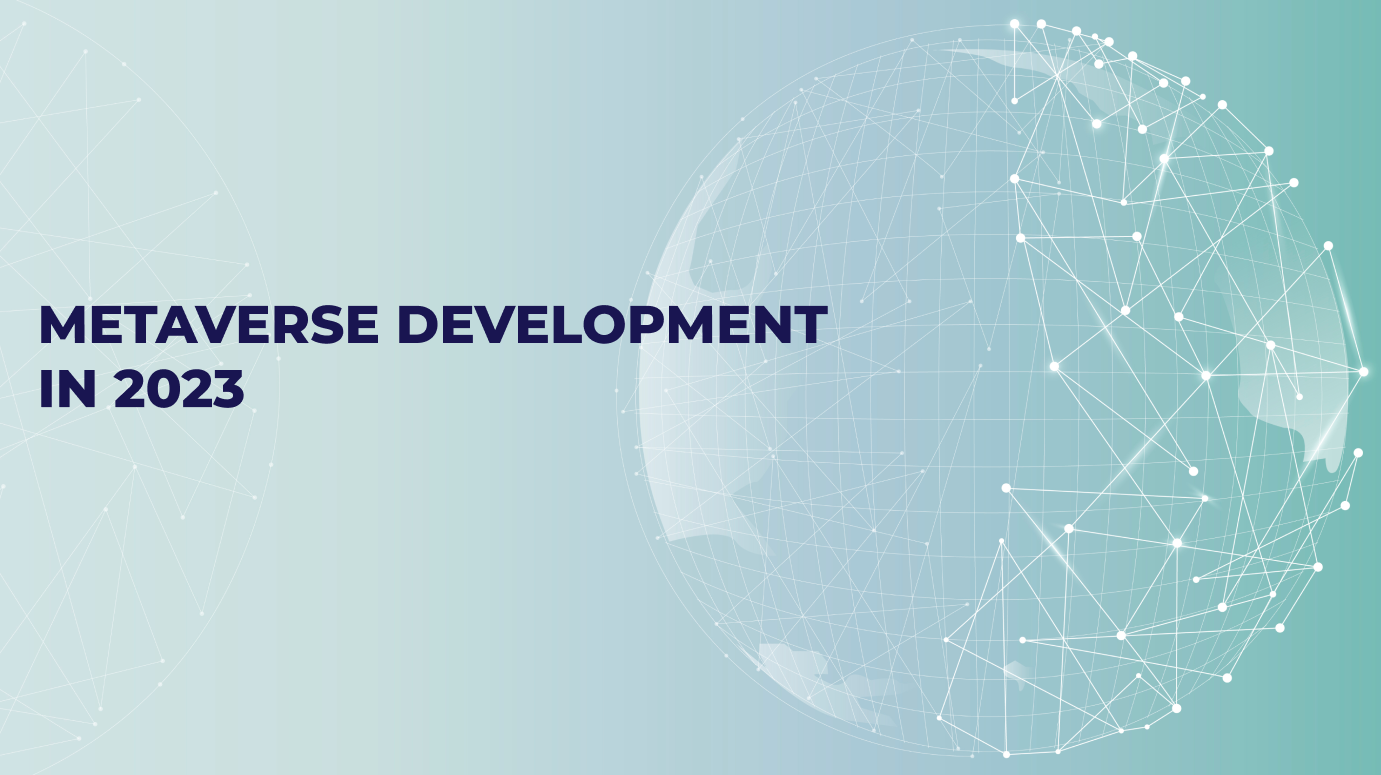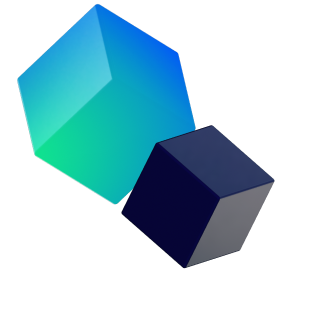
The metaverse concept has taken the world by storm, captivating imaginations and pushing the boundaries of what’s possible in the digital realm. With the rise of Web3 technologies, the development of immersive virtual experiences has become a reality, and at the heart of this revolution are the programming languages that empower Web3 developers to bring the metaverse to life. In this article, we will explore some of the most popular metaverse development languages, providing a glimpse into the tools that are shaping the future of virtual worlds and human interaction.
C#: Creating Immersive Virtual Worlds
C# stands out as a powerful programming language that finds extensive use in metaverse development by Web3 developers. Leveraging its integration with the Unity game engine and a wide array of libraries, C# enables the creation of immersive virtual worlds, interactive experiences, and decentralized applications. Its object-oriented nature, ease of use, and strong community support make it a popular choice for metaverse development.
Solidity: Unleashing the Power of Ethereum
Solidity, specifically designed for building smart contracts on the Ethereum blockchain, holds the crown as the most widely used language for developing decentralized applications (dApps) and, by extension, the metaverse. Solidity empowers developers to define and implement complex logic within smart contracts, facilitating the creation of virtual assets, digital currencies, and decentralized marketplaces.
Rust: Safeguarding the Metaverse
In the realm of metaverse infrastructure, Rust has emerged as a go-to programming language. Known for its emphasis on safety, performance, and concurrency, Rust finds its place in developing the back-end foundations of metaverse platforms. From networking layers and consensus algorithms to virtual machine implementations, Rust’s strong memory safety guarantees make it a trusted choice for building secure and reliable systems in the metaverse.

Python: Versatility in the Metaverse Development
Python, a widely adopted and versatile programming language, has found a firm foothold among Web3 developers in the metaverse space. Renowned for its simplicity, readability, and extensive library ecosystem, Python proves to be an attractive option for building metaverse applications. From smart contract development and web scraping to data analysis and AI, Python’s versatility and ease of use make it a preferred language for developers venturing into the metaverse.
C++: Power and Control
As a powerful programming language, C++ is a natural fit for metaverse development among Web3 developers. With its high performance, control over memory management, and extensive libraries, C++ becomes an ideal choice for constructing complex virtual worlds and decentralized platforms. Its efficiency and versatility position C++ as a favorite for developing metaverse infrastructure, including networking protocols, virtual reality frameworks, and blockchain implementations.
TypeScript: Empowering Robust Metaverse Development Projects
TypeScript, a popular choice among Web3 developers, has found its place in metaverse development. As a statically typed superset of JavaScript, TypeScript brings strong typing and modern features to the table. It enhances tooling, code organization, and type safety, simplifying the process of building robust and scalable metaverse applications. With its wide adoption in the web development community, TypeScript allows developers to leverage existing JavaScript libraries and frameworks while enjoying the benefits of a strongly typed language.
JavaScript: Bridging the Gap
JavaScript, a universal programming language renowned for web development, has seamlessly transitioned into the metaverse. Many blockchain platforms and metaverse frameworks provide JavaScript libraries and toolkits, enabling developers to create interactive front-end interfaces, handle user interactions, and interact with blockchain networks. With its extensive ecosystem, JavaScript serves as a bridge between the web and the metaverse.
Golang: Handling the Demands of Decentralization
Go, also known as Golang, has become a prominent player in the blockchain and distributed systems space. Developed by Google, this statically typed, compiled language has gained popularity due to its simplicity, efficiency, and built-in support for concurrency. In the metaverse, Golang shines when it comes to building infrastructure, such as node software, networking layers, and blockchain clients. Its performance characteristics and scalability make it well-suited to handle the demands of a decentralized metaverse.
Vyper: A Secure Path for Smart Contracts
Vyper emerges as a programming language explicitly designed for Ethereum smart contract development. As an alternative to Solidity, Vyper focuses on simplicity, readability, and security. It has garnered attention from developers seeking a more secure and auditable language for writing smart contracts in the metaverse. Vyper’s design choices, such as explicitness and the absence of advanced features, contribute to easier code reasoning.
Rholang: Scalability and Concurrency
Rholang, tailored for decentralized applications (dApps) running on the RChain blockchain, presents a concurrent and message-passing paradigm. This unique programming language empowers developers to build scalable and secure applications in the metaverse. Rholang’s emphasis on concurrency and its distinctive execution model make it an exciting choice for Web3 developers exploring metaverse development on the RChain platform.
Metaverse Development Languages Redefining Human Interaction
The metaverse development landscape offers a rich variety of programming languages, each with its unique strengths and areas of application. From C# and Solidity to Rust and Python, these languages serve as the building blocks for creating immersive virtual worlds and decentralized platforms. Web3 developers harness the power of these languages to redefine human interaction, shape virtual experiences, and unlock the full potential of the digital frontier as the metaverse continues to evolve.
Source: analyticsinsight.net
